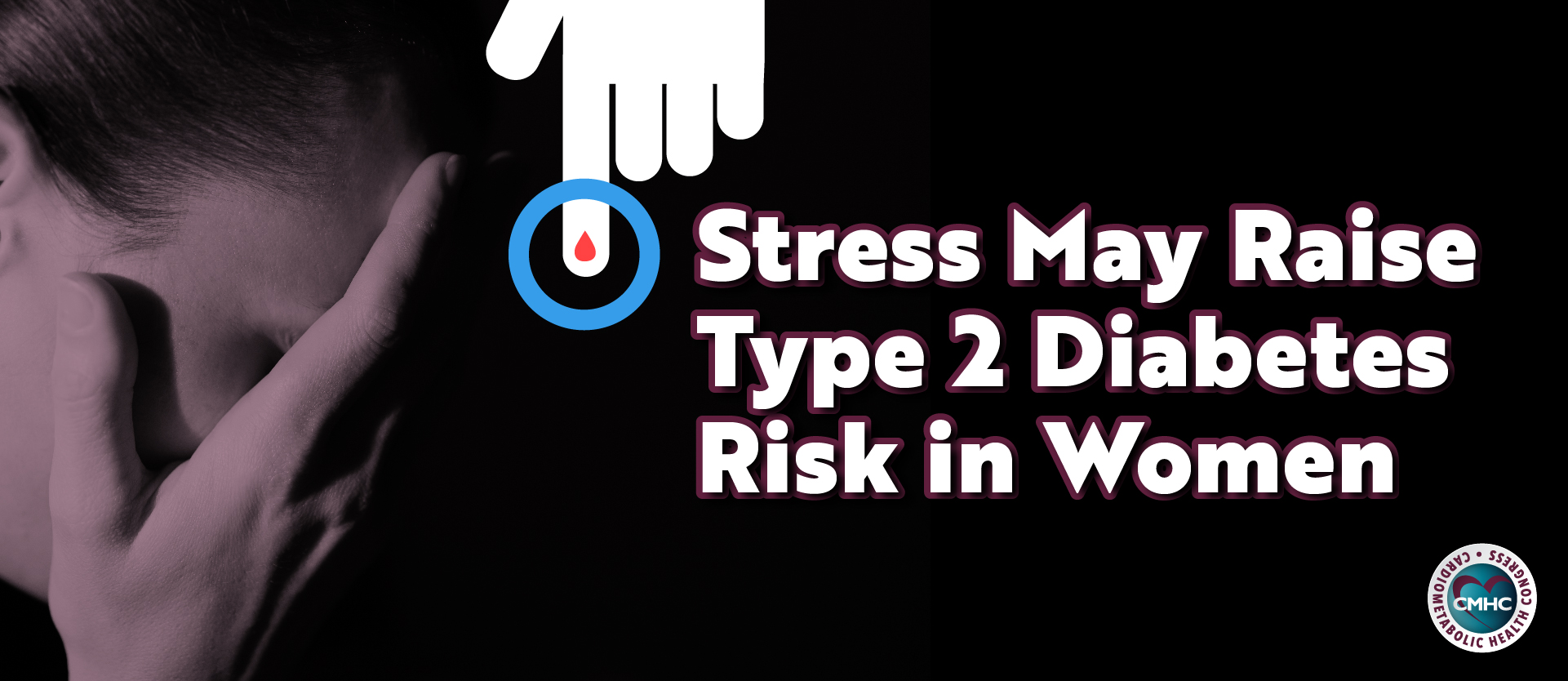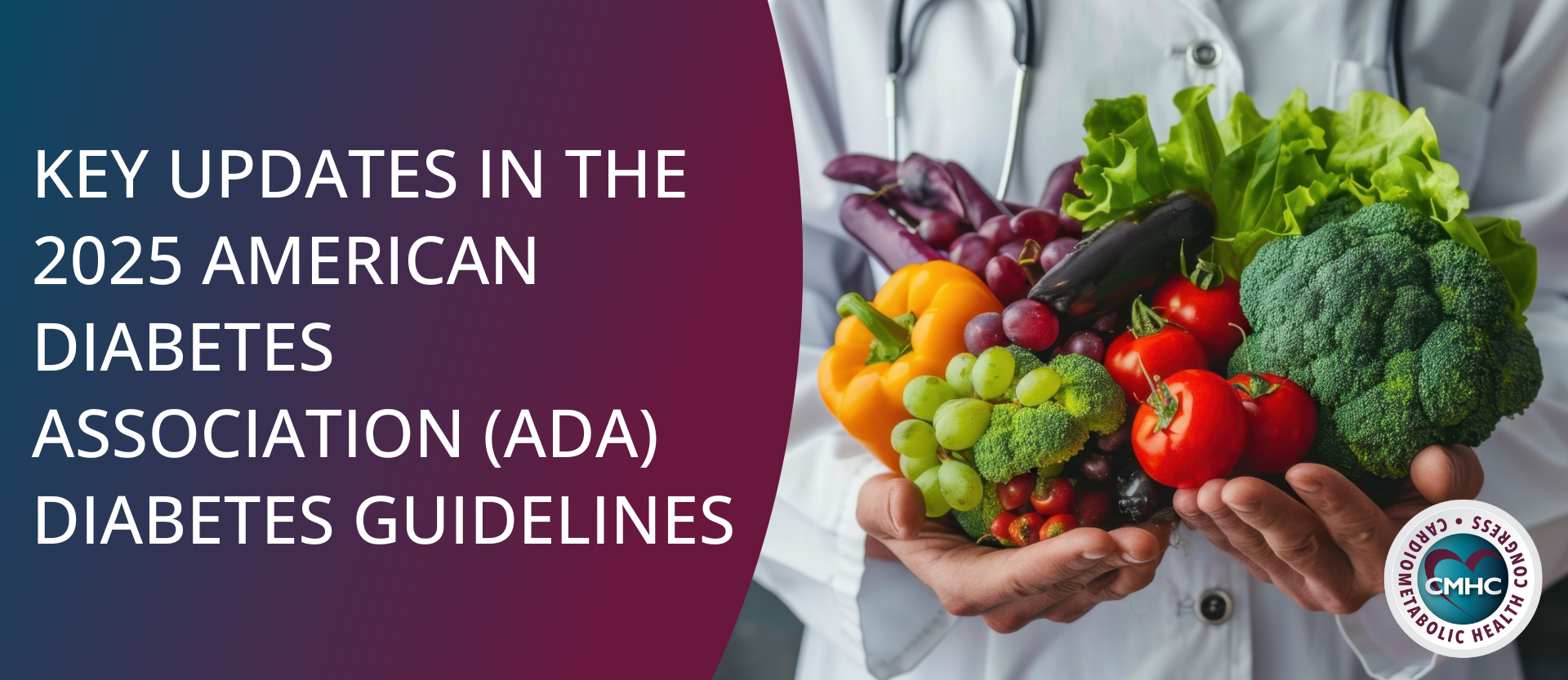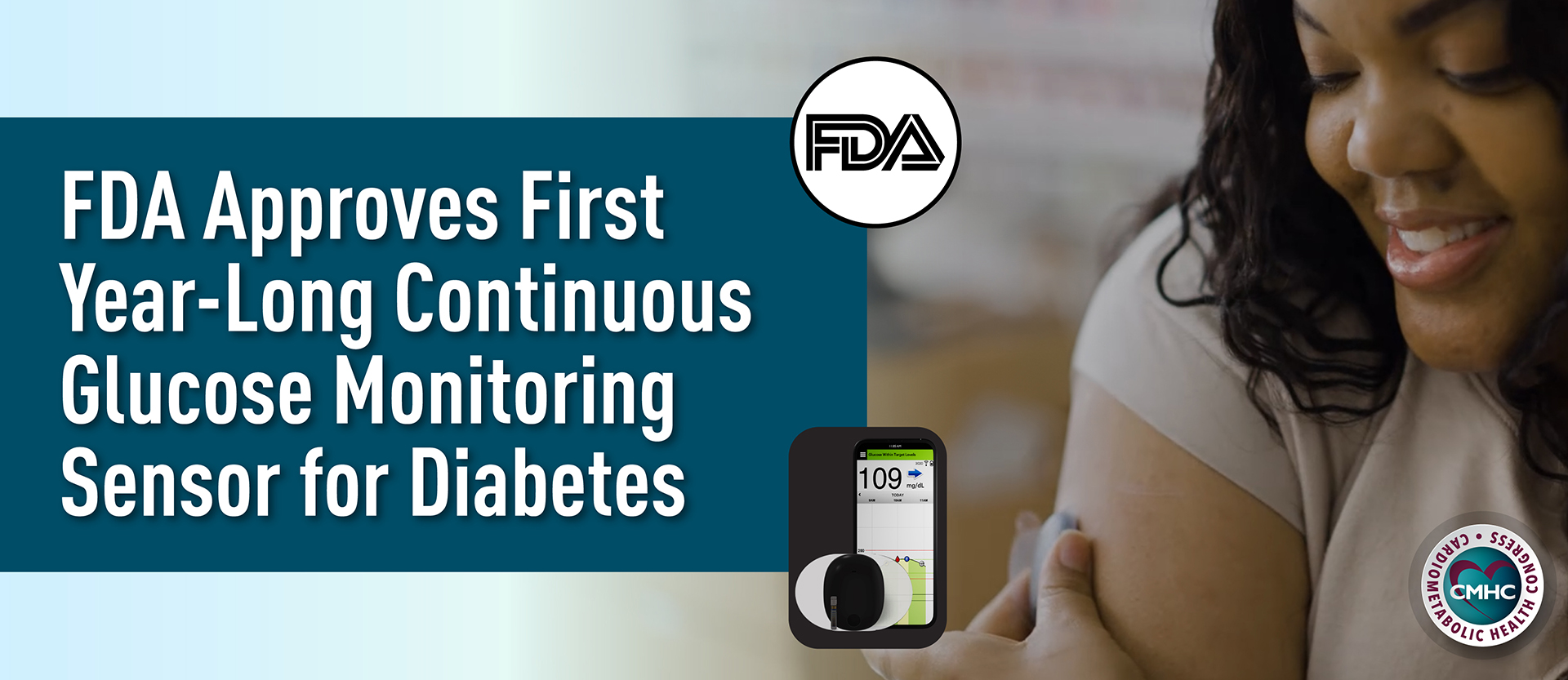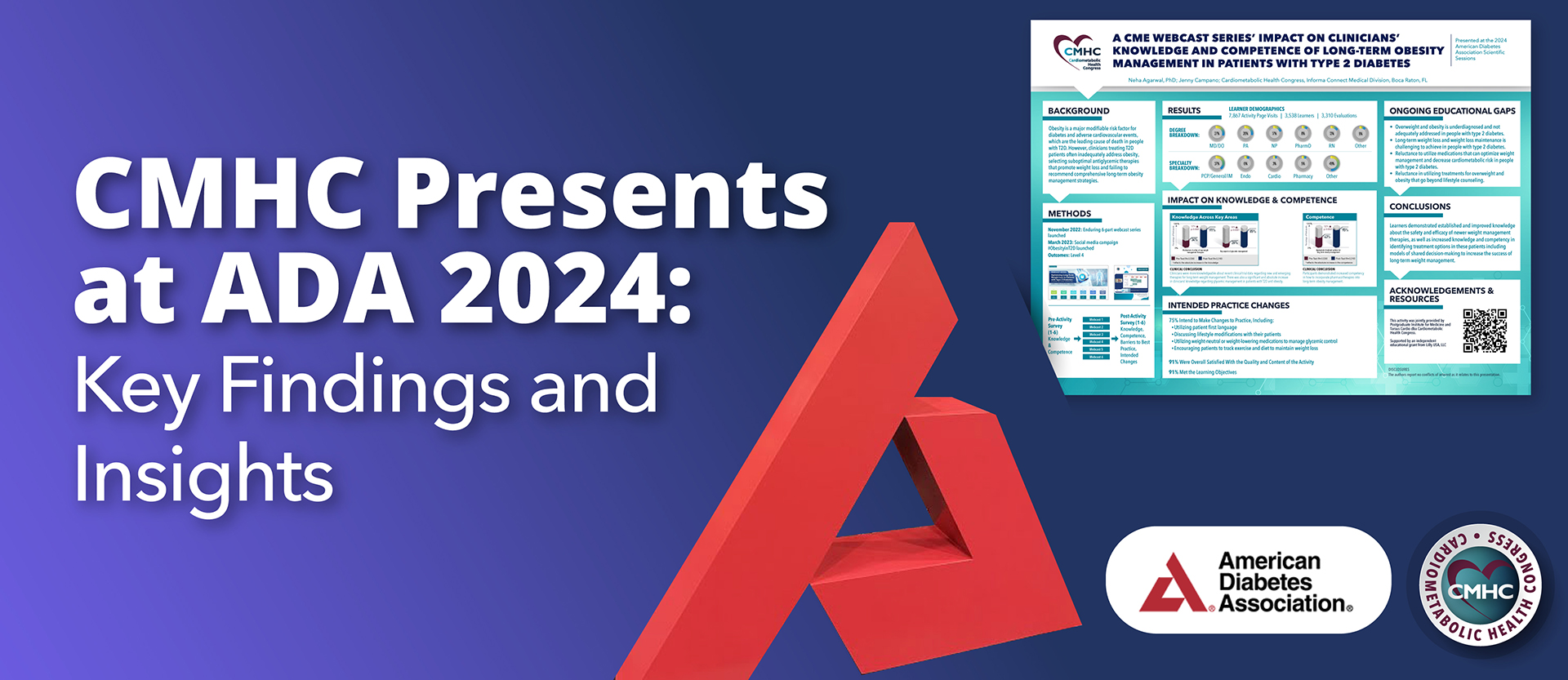Traditional risk factors like obesity, high blood pressure, and a sedentary & nonactive lifestyle may not be the sole risk factors that can predict type 2 diabetes, as newly emerging research highlights the critical role that stress may play in the development of the condition: specifically in women.
The study, which will be presented on November 10th at the American Heart Association’s Scientific Sessions conference in Chicago, found that increasing stress stemming from traumatic events—in addition to long-term situations at home or work—was associated with ‘an almost two-fold higher risk of new type 2 diabetes cases among older women.’
Jonathan Butler, the study’s lead researcher and a postdoctoral scholar at the University of California, San Francisco’s Center for the Study of Adversity and Cardiovascular Disease, stressed the importance of taking psychosocial stressors as risk factors for diabetes “as seriously as other embraced diabetes risk factors.” Given the fact that diabetes has rapidly become one of the most serious public health issues, impacting approximately 30.3 million Americans according to data from the Centers for Disease Control and Prevention, it becomes even more imperative to “better understand risk factors for diabetes in this group,” said Butler: particularly given the fact that a majority of these people are older women.
Dr. Sherita Hill Golden, professor of medicine at the Johns Hopkins University School of Medicine in Baltimore, echoed Butler’s sentiments regarding looking beyond traditional physiological risk factors. “We’ve been trying to understand the relationship between stress, mental health and diabetes risk for a while,” as additional evidence suggests that psychosocial stress, and the ways in which people cope with stressors, may impact overall cardiometabolic health.
While previous studies focused on the relationship and correlation between stress and diabetes have focused on individual stressors, i.e. work, or symptoms of depression or anxiety, Butler and his colleagues designed a study that investigated “the joint relationship of multiple stressors with diabetes risk among women over time.”
The data included 22,706 female health professionals, all of whom who did not have cardiovascular disease; the average age of the participant was 72. Researchers collected information regarding “acute and chronic stressors and then followed the women for an average of three years.” The definitions of acute stress included both negative and traumatic life events, while chronic stress was generally related to family, work, finances, relationship, discrimination, etc. The women that had the highest levels of both acute and chronic stress presented with nearly double the risk for diabetes.
Dr. Michelle A. Albert, the study’s senior author and a professor of medicine at the University of California, San Francisco, states that the next steps will be to not only confirm the findings, but also to determine specific techniques & strategies “targeted at psychosocial stressors” that could potentially lessen, or decrease, diabetes risk in older women. She additionally communicated the importance of health care providers and clinicians inquiring about psychosocial stressors, as part of their assessment of diabetes risk, from a public health perspective.
Golden additionally stated that the new findings highlight the importance of considering the role of non-traditional risk factors, such as stress, in the development of diabetes. “We know that lifestyle intervention works for diabetes prevention, but that can be challenging if people experience cumulative stressors, like losing a job or caring for a family member, that hinder them from engaging in healthy behaviors like exercising, eating right or smoking cessation,” she said. “It’s important to assess and understand a patient’s social history. They may need a referral to a counselor or social worker.”
SOURCE
https://www.heart.org/en/news/2018/11/06/stress-may-increase-type-2-diabetes-risk-in-women








